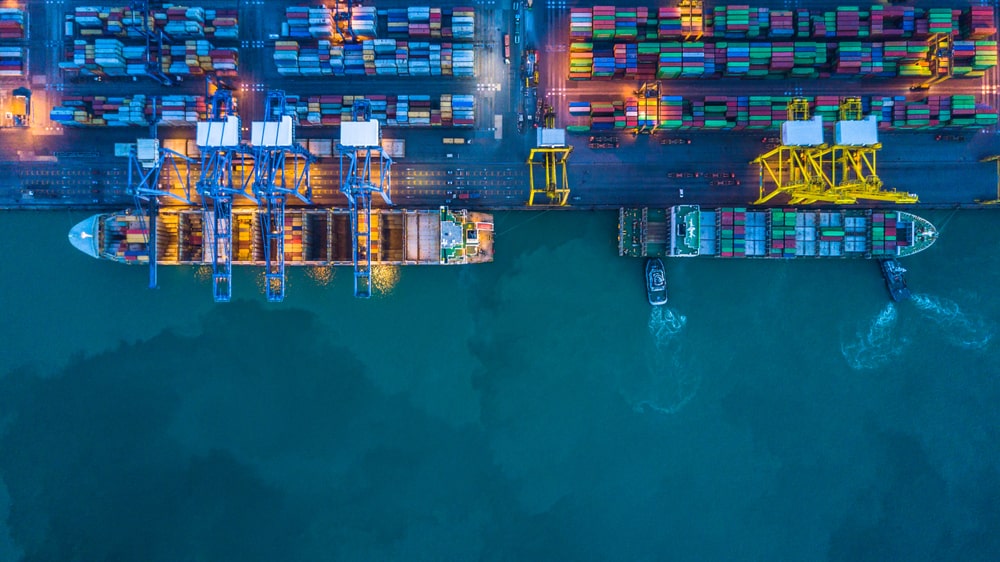
Globalisation has created connected risk. De-globalisation may create more dis-connected risk.
In this fragmenting geopolitical environment, a problem/opportunity over here is a problem/opportunity over there and vice-versa. Russell Group believes that cause and effect in the political risks environment, requires holistic thinking, as the COVID-19 Pandemic and Ukraine-Russia crisis illustrates. All financial assets are at risk to the threat of connected risk, therefore any solution that addresses one class of financial asset could be applied to all.
As the global economy has become more interconnected, the risk landscape has become more complex. As a result, the frequency and severity of events that have an interconnected nature (i.e., ripple effects on other areas of the economy) are rising. Consequently, companies are facing direct and indirect consequences of trading in the interconnected economy. This has led to rising balance sheet exposure, as insurance isn’t covering most of the loss, which hampers risk taking as risk appetites are being squeezed, thus stifling opportunity.
We need a way of freeing up balance sheets to enable risk and encourage opportunities that improve return on equity. To conclude, in such an era of complexity and unknown risks, we need calculated simplicity. Hence, we predict the rise of outcome-based insurance.
Marine (re)insurers and their peers in the world of credit and political risks play an important role in the flow of global trade and, as a result, will play an important role in the recovery of the global economy.
To download a full copy of the report, please log in or create a free account, using the link below:

Related Articles
Reinsurance
Reinsurance
Reinsurance